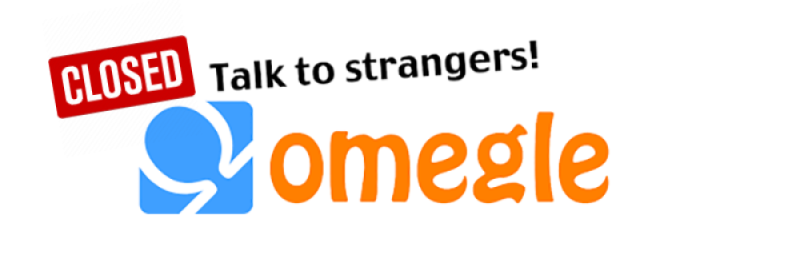
Accusations of illicit activities and the stress of managing mounting issues led to the shutdown of Omegle, a renowned online chat portal that has been in operation for 15 years. The platform, tampered with to execute heinous offenses, was developed in 2009 by self-taught computer programmer and high schooler Leif K-Brooks.
Omegle, despite experiencing a decrease in popularity, managed to attract around 50 million visitors in the past month, as reported by data analytics corporation SimilarWeb. As a grassroots operation, K-Brooks didn't predict its remarkable success at launch. K-Brooks' personal anecdote reveals his surprise and elation when the backyard project turned into a buzzing community almost instantly, attracting millions daily. He attributes this to the fundamental human longing for social interaction and Omegle's distinguished ability to satisfy that need.
However, the onset of the pandemic marked a dark phase for Omegle. As the platform witnessed increased usage, it also became a cesspool for dubious activities. K-Brooks asserted that multiple attempts to enhance the platform ended futile due to the consistent detrimental assaults it faced. The legal, financial, and emotional toll, along with Omegle's operational challenges, became overwhelming for the young entrepreneur, who feared health complications amidst the turmoil.
Running a one-man show, K-Brooks lamented over the intensity of change the internet had witnessed in the last decade. He expressed his concern over how the nature of online platforms like Omegle might be strained to their breaking point under similar hardships unless a radical change occurs. Fearing a potential demise of the vibrant internet world, he was enamored with, he suggested the future web might mimic an aggressive version of television - promoting inactive consumption while limiting active participation and real human connections.


